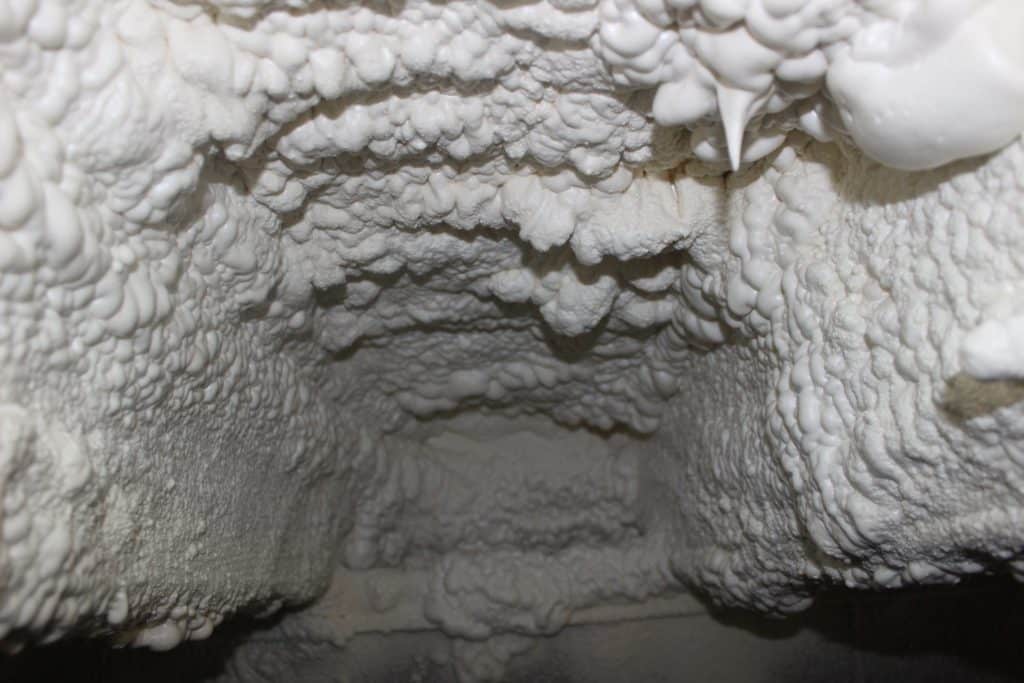A Case of Cold Feet in Uptown New Orleans – Crawl Space Insulation by Sunlight Contractors
Roger Corby’s Uptown New Orleans home has survived extreme weather for over one hundred years, but surviving isn’t the same as thriving. Corby’s monthly utility bills were exorbitant, and yet he was never comfortable. The shotgun cottage was extremely drafty and cold in the winter, when the floors felt like ice, and it leaked conditioned air like a sieve year round. Could it be as simple as installing the right kind of crawl space insulation?
The floors of the raised cottage presented the primary obstacle to comfort and energy efficiency. Because the New Orleans home didn’t have proper insulation on its sub flooring, cold air and drafts from beneath the home leaked up into the home in the winter, creating chilly floorboards as well as a space for heated air to escape. This dilemma contributed to the high cost of heating during the cold months.
Though Corby had hired another contractor to install fiberglass batting years before, the batting never worked and eventually hung uselessly in the crawl space. Because fiberglass batting is not adhesive, it doesn’t form an air-tight bond with the underside of floorboards. In fact, it usually droops, leaving a nesting area for rodents and insects.
Fiberglass doesn’t alleviate the other problem most often found in crawl spaces: moisture damage. Rather, batting soaks in the moisture that permeates from Louisiana’s damp soil, holding it close to the wooden floorboards, allowing the growth of mildew, mildew, and rot, a perfect habitat for termites and insects.
Closed cell spray foam for crawl space insulation keeps out the cold
After thirty years of enduring, Corby decided to have crawl space insulation installed. Having learned from his previous experience with batting, he inquired into two pound closed-cell spray foam insulation. An energy assessment by one of Sunlight Contractors’ BPI certified auditors verified what Corby suspected, he was losing heat through the floorboards.
Impressed with Sunlight Contractors competitive prices, Corby invited the crew out to install the closed cell spray foam beneath his home. One obvious advantage of two pound closed cell spray polyurethane foam in crawl space insulation is its adhesive property. Once Corey or another SPFA-certified crew member sprays the foam, it clings to the underside of the floorboards and quickly cures into a hard, firm substratum.
While an application of closed cell spray foam is a relatively quick procedure, which can be accomplished in most cases in one day, the crew at Sunlight Contractors takes time to ensure that they are meeting safety requirements. This means putting up caution signs to alert residents and neighbors of the spraying as well as suiting up in PPE, or personal protective equipment.
Once safety procedures are in place, it’s a matter of creating the perfect mixture of chemicals that results in a thick, protective coating of spray foam. Our highly trained spray foam installers use heated hoses and spray foam guns to deliver the foam to the underside of the structure from the Graco Reactor proportioning system in our rig. Within minutes of application, the spray foam was curing, sealing in the conditioned air and sealing out moisture. Moments after application, the spray foam cures, sealing out cold air and moisture, and sealing in energy and comfort.
The house is noticeably warmer, due to crawl space insulation, says New Orleans homeowner
The tight seal of closed cell spray foam is already having an impact on Corby’s comfort level. No cold air is slipping in, and heated air is staying put.
“This has been up for a month, and the house is noticeably warmer, less drafty. The furnace goes off much less frequently, and I just feel I’m going to save a good deal of money on heating bills and probably air conditioning next summer,” said Corby.
That means that Corby will experience greater comfort at a significantly reduced cost all year round with the spray foam as the crawl space insulation. No wonder he recommends Sunlight Contractors, LLC to other homeowners interested in increasing their homes’ energy efficiency.

